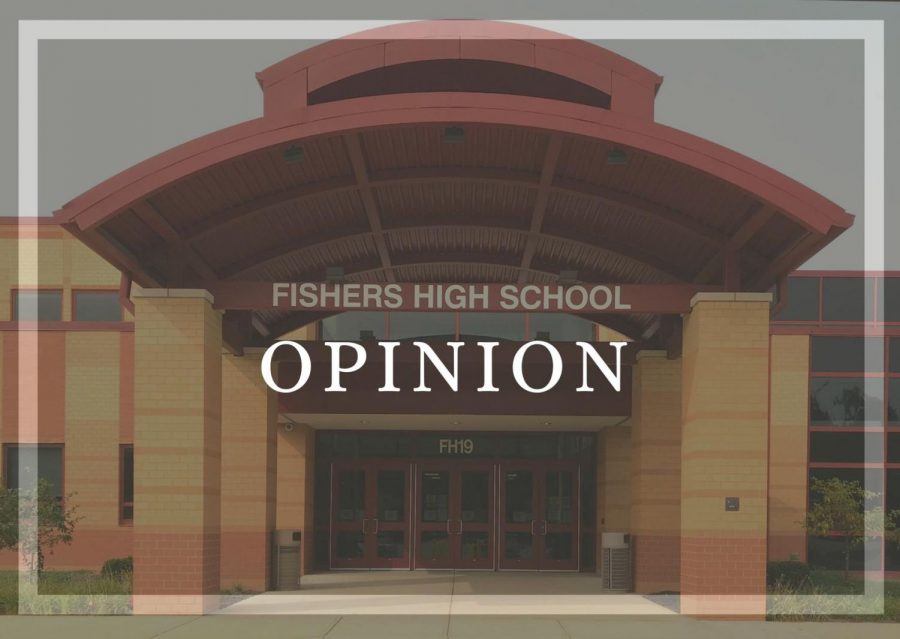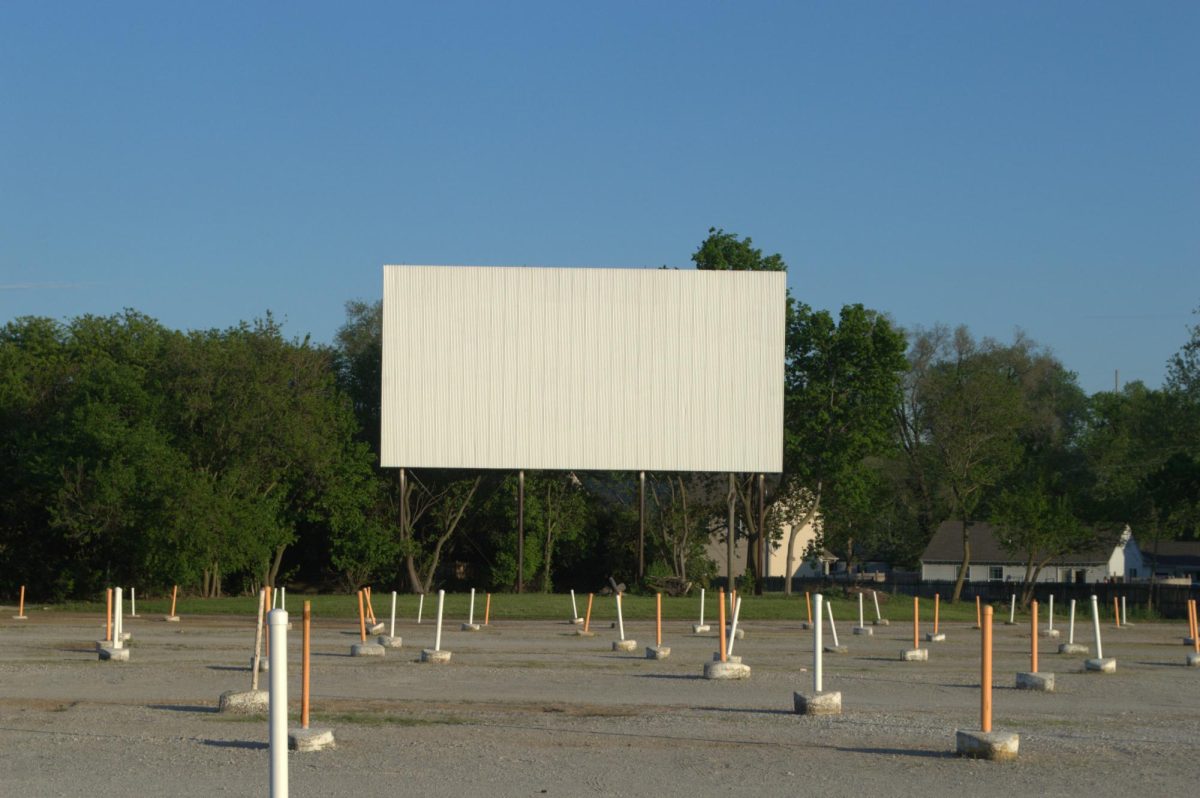Virtual schooling presents additional legal, ethical challenges
Graphic by the Fishers N the Red staff.
The growing popularity of NFTs, while certainly intriguing, is unsustainable and a risky investment.
December 9, 2020
With the recent decision by the HSE school district to move all students to a 100% virtual school environment, numerous concerns have arisen. Beyond the typical debate over the effectiveness of online schooling, there lie lesser-known issues. However, these issues regarding moral, ethical and legal dilemmas presented by a computer-driven education system may be even more impactful. When students are participating in online schooling for the remainder of the semester, officials at all levels of the school system are obligated to consider these issues for the betterment of the student population.
Generally, one of the major concerns associated with virtual instruction is attendance requirements. Zoom classes present unique challenges related to attendance, particularly about the obligation that students have to maintain attendance records that are equivalent to in-school attendance logs. As of now, Indiana law is maintaining its requirement for high school students to be in school for a minimum of 6 hours per day and 180 days per year. For legal purposes, FHS is not considered a virtual school, as it is only operating under a virtual schedule due to extraordinary circumstances. This means that attendance requirements, including tardies and absences, will remain the same. However, in light of these extraordinary circumstances, attendance policies should be amended to accommodate for these challenging times. Students are currently dealing with a variety of potential issues related to technology and the internet, contracting COVID-19 or other illnesses, a challenging home life, conflicting schedules and related issues. Schools should consider adopting policies similar to when waiver days were granted to schools by Gov. Eric Holcomb during the end of the 2019-20 school year in order to extend grace during this unprecedented year. These waiver days exempted schools from the requirement to have 180 total days of instruction and reduced the number of days in the school year to account for the strain put on teachers and students.
Additionally, virtual schooling presents challenging questions related to funding. Per the Indiana Department of Education, schools that report students as attending school more than 50% virtually due to COVID-19 concerns will receive the same percentage of funding as they did in the 2019-20 school year. This is in contrast to students who are learning virtually not as a result of the COVID-19 pandemic, who will continue to generate 85% of the funding amount that a traditional in-person student would generate. Clearly, additional accommodations were made in response to the challenges of a pandemic, and the DOE made the correct decision by not reducing funding for schools that were forced to switch to online instruction.
While the state of Indiana does not have any legal regulations regarding the usage of webcams during virtual classes, it is strongly encouraged by the staff at FHS. However, teachers should utilize caution while encouraging camera usage so heavily. They should be understanding of home situations that may make it difficult to participate through camera and microphone usage and not value the additional participation over the potential comfort of their students.
Academic engagement during virtual instruction, or the lack thereof, is a topic that has been under recent scrutiny around the country. The Indiana DOE states that academic engagement is “paramount for student success” and emphasizes that off-site learning should exactly mirror on-site learning, a desire that is largely unattainable. While students can be actively engaged during virtual classes, these activities will never exactly mirror the experience in class, as so many students around the country have observed over the past eight months. Engaging students is critical, and the Indiana DOE is correct that it “cannot be accomplished through excessive screen time or worksheets,” but it must also be understood that it is impossible to expect the virtual experience to exactly mirror the in-person one.
It is of the utmost importance for students, parents, educators, school board members, and the Indiana DOE to understand the significance of these moral, legal or ethical challenges. In order to have the most efficient and productive virtual learning experience, these questions and difficulties must be recognized and properly addressed in order to accommodate various concerns regarding learning in a virtual setting.









